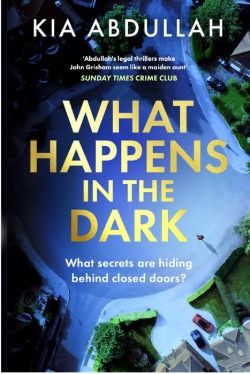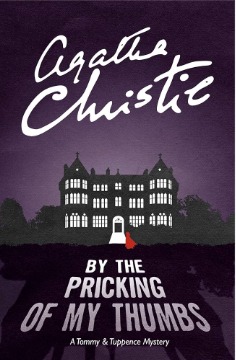Crime Books
Featured Products
Sociological Theory of Crime and Criminology
₹6,625.20
M.R.P.:₹ 11,042.00
You Save: ₹4,416.80 (40.00% OFF)
THE GIRLS IN THE WOODS : THE ANNIE GRAHAM CRIME SERIES (5)
₹999.00
M.R.P.:₹ 999.00
You Save: ₹0.00 (0.00% OFF)
THE LAKE HOUSE : THE ANNIE GRAHAM CRIME SERIES (4)
₹929.07
M.R.P.:₹ 999.00
You Save: ₹69.93 (7.00% OFF)
THE FORGOTTEN COTTAGE : THE ANNIE GRAHAM CRIME SERIES (3)
₹522.50
M.R.P.:₹ 550.00
You Save: ₹27.50 (5.00% OFF)
MURDER ON THE MARLOW BELLE : THE MARLOW MURDER CLUB MYSTERIES (4)
₹999.00
M.R.P.:₹ 999.00
You Save: ₹0.00 (0.00% OFF)


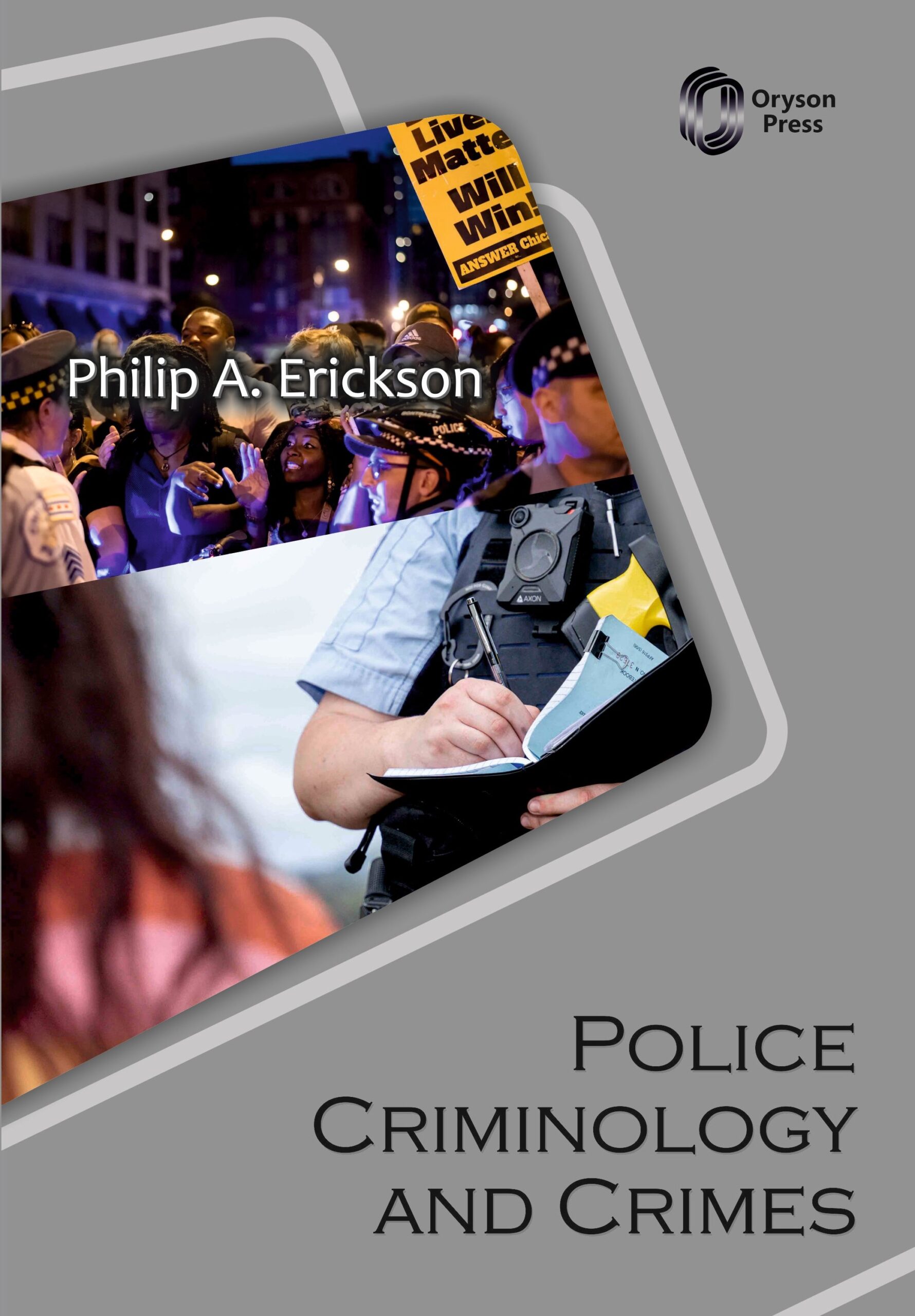
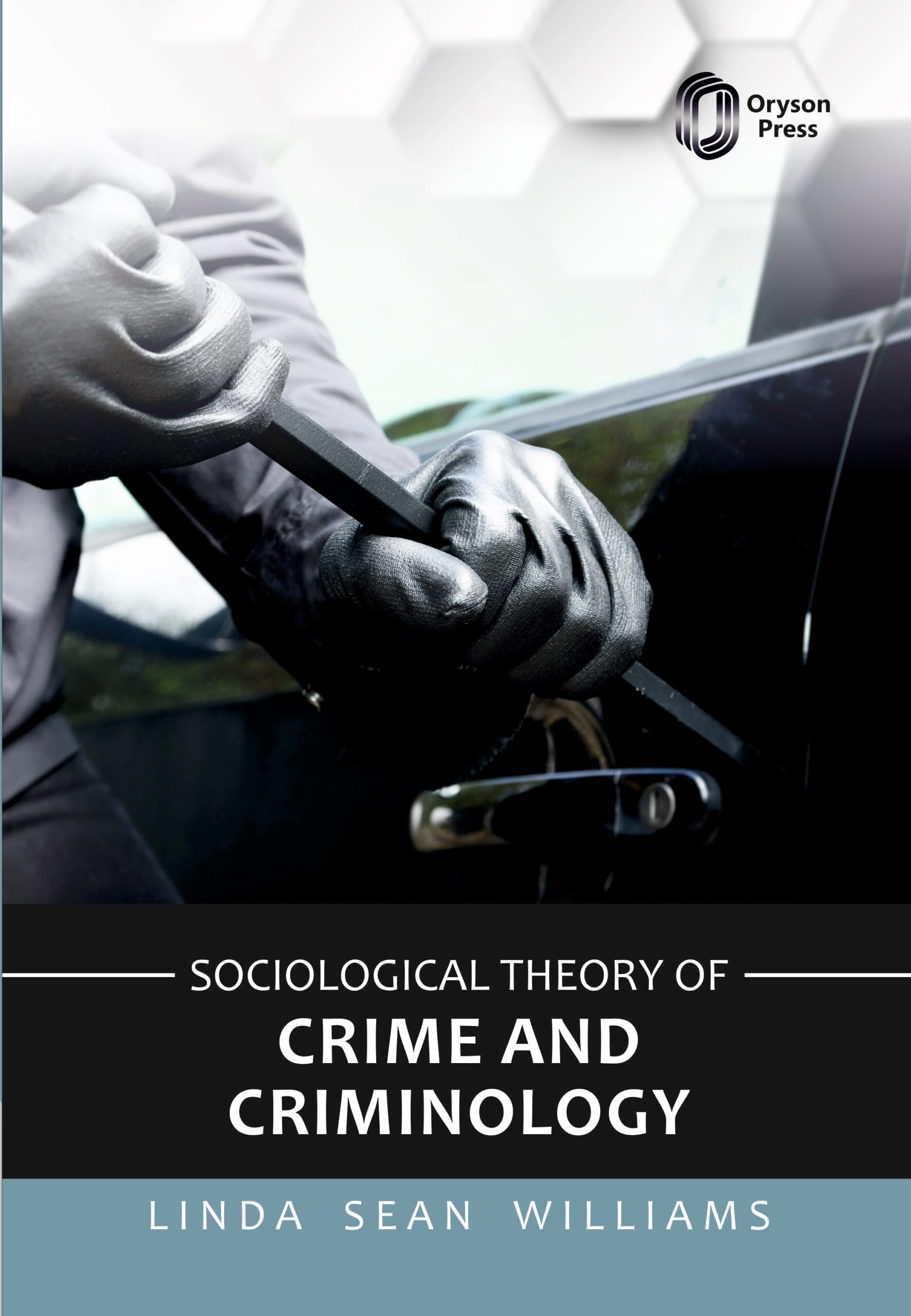

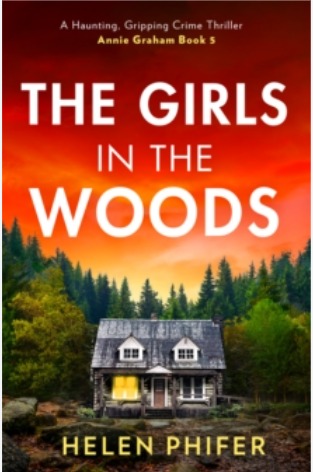
.jpeg)
